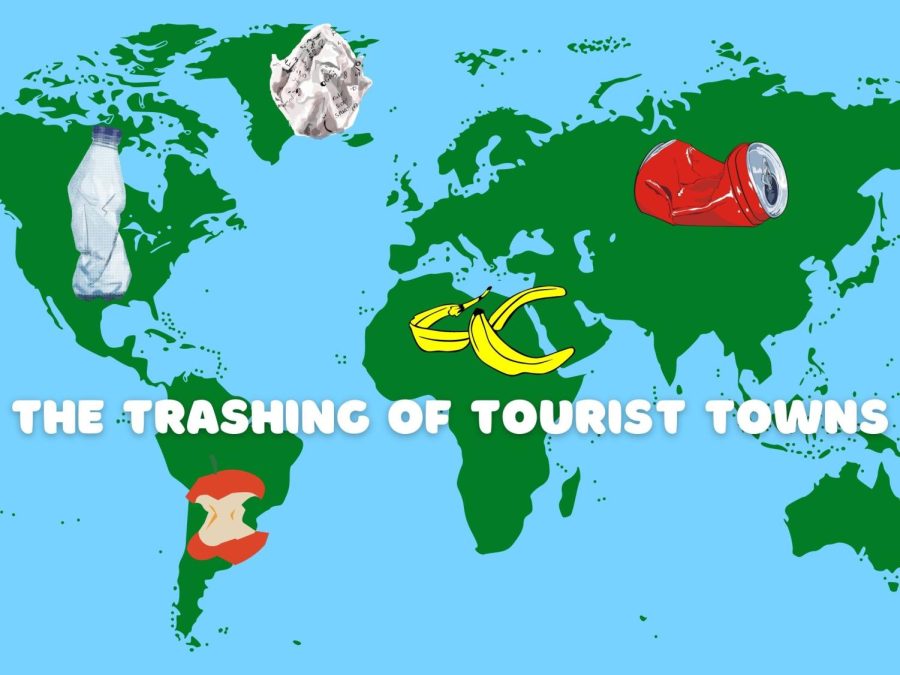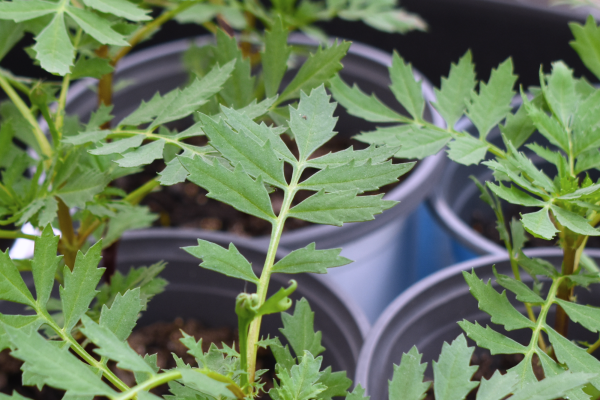The troubles of trashing tourist towns
This summer, numerous NC students will travel with their families around the world. After their departure, several of the places visited could suffer from pollution and overconsumption as a result of tourist presence. The consequences of tourism come at a high expense, so it remains crucial to recognize the effects one can create in foreign areas when traveling.
May 1, 2023
As summer approaches, numerous NC students will travel to different towns, states and even countries. The typical main attractions can include sight-seeing areas, historical buildings, theme parks and beautiful waters. These naturally gorgeous attractions quickly turn into areas of disposal and an accumulation of grime and dirt.
The industry of tourism allows the public to travel to places of interest and experience a welcoming community to whatever destination. Sadly, these areas sometimes become taken advantage of because of the high volume of visitors, which can cause harmful effects on the natural environment and cleanliness of these destinations.
“I definitely noticed the trashing and destruction of places, especially when I traveled to Mexico. It was really nasty and it just made me feel bad because people are extremely careless. I feel like more rules need to be put in place, especially in popular tourist areas, or more strategies to help keep the areas clean and looking nice,” sophomore Makenzie Johnson said.
Alongside overconsumption and animal habitat loss, pollution resembles one of the impactful issues concerning tourism today. As visitors pass through these locations, the collection of trash increases, with no one considerate enough to clean it up. This problem continues, turning these collections into several projects that would take a long time and a plethora of people to combat.

Several popular destination areas set their goals on containing the over tourism to keep their locations beautiful. For example, the Netherlands emphasizes promoting cities other than Amsterdam to lower the number of people on the streets. Numerous countries also put a cap on the number of cruise ships arriving, along with the number of passengers on each ship. With these countries working to stop the harmful effects, overconsumption can begin to reverse.
Although these tourist areas try to cater their economies to visitors, locals still live and occupy jobs in the surrounding environment. Residents constantly feel disappointment from the lack of care presented by travelers. This can generate a rift between vacationers and the existing communities.
In opposition to the negative consequences, the positives of tourism include a greater appreciation for the local communities and cultures, along with expanding learning of new people and places. For the positives to outweigh the destruction of these areas, as traveling occurs, so should cleaning up.
“In many places I’ve traveled to, I’ve noticed that the tourists don’t seem to treat the place they traveled to with the same respect and care they would treat their own home. I really hate seeing this, especially in places that are having their beauty slowly destroyed by tourism. As travelers, we should always treat other places as if it’s your own city that you want to preserve and keep beautiful,” magnet sophomore Ellie Huff said.



















